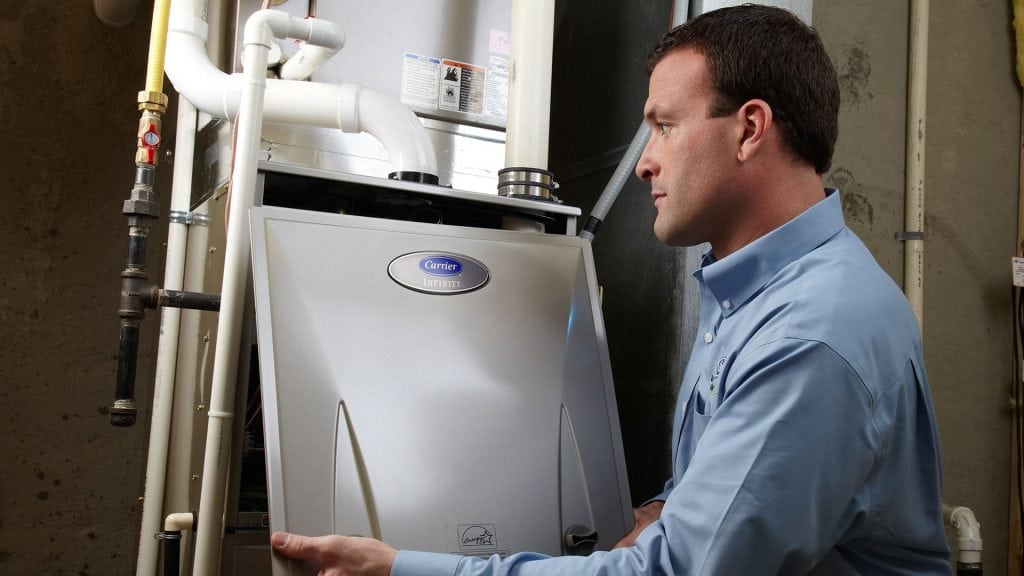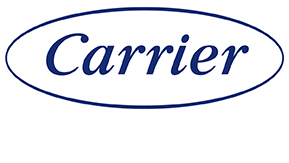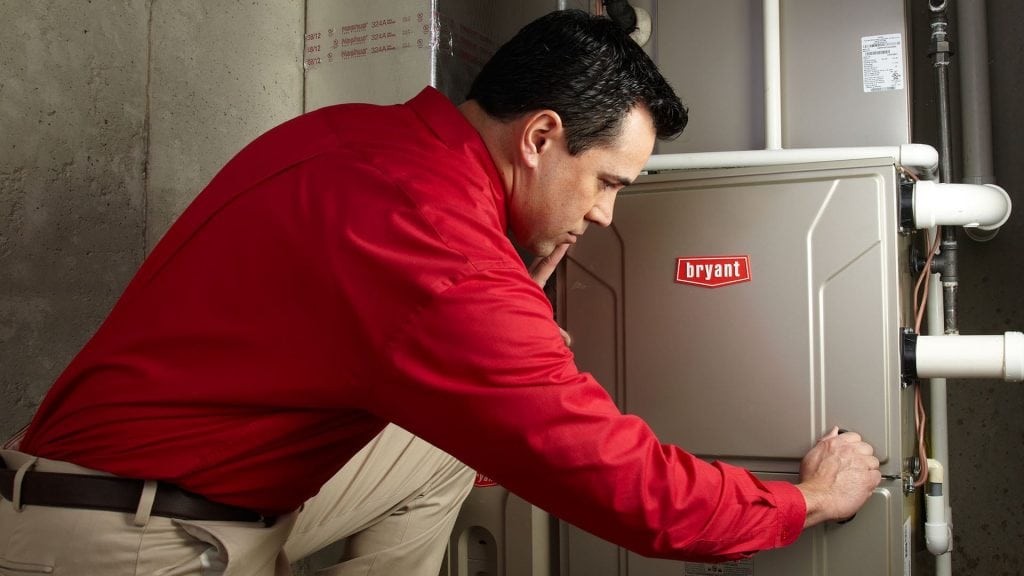What's that Noise? Identifying HVAC Sounds

What's that Noise? Identifying HVAC Sounds
Like any machine, your air conditioner and heater sometimes make mysterious noises. Separating the usual buzz or hum from a rattle or clank that signifies a problem can be difficult, especially if you've just moved into your home and aren't yet sure how the HVAC system is supposed to sound. Newer systems are engineered for quieter operation, but even a quiet system makes a few characteristic noises that shouldn't alarm you.
Common HVAC Sounds
One of the most common noises your air conditioner or heater will make is the sustained, quiet hum of properly functioning machinery. Your HVAC system is not passive; it actively moves air over heating elements or evaporator coils and draws return air up through the filter. When the system is on, you should hear the motor of the indoor unit in operation. The outdoor unit of your air conditioner also has a fan and a motor to drive it, but it tends to be noisier than the indoor part of the system. As long as it produces a steady engine hum, the extra noise isn't cause for concern.
Just as you can hear the wind on breezy days, you may hear air moving through your HVAC system. In rooms close to your AC's return air vents or blower, machinery may disguise the almost silent rush of air through the vents, but it's often audible in more distant rooms. That quiet whoosh of air is a sign of your air conditioner's health and not a problem.
Older systems sometimes cycle on and off with a squeal or thump. As the system ages, belts can loosen and fan rotors can accumulate dirt. When the machinery starts or slows to a stop, these parts rub together and produce a brief squeak. Consider these noises a sign that your air conditioner is due for an HVAC service tune-up rather than a sign of something wrong.
Unusual HVAC Noises
Some noises spell bad news, but not every alarming sound means you need extensive HVAC repair work. If you hear a sudden loud rattle from the exterior unit, a twig or other debris could be the cause. The large exhaust fan in your outside AC unit has a grate to protect it from branches, but smaller detritus can slip past the grill and obstruct your fan. Turn the system off immediately, shut off power to the external unit and remove any obstruction you see. Before starting the AC again, check for visible damage to the condenser coils, compressor or fan. Call your local HVAC repair specialists if you see bent metal or damage to moving parts.
The quiet rush of air through vents is normal, but an audible hiss could indicate a coolant leak or improperly sealed ductwork. Under normal circumstances, coolant travels in a closed loop through the system, but damage to the coolant lines requires immediate attention from an HVAC repair team.
Loud knocks or thumps are an unmistakeable sign of something unusual happening to your heater or air conditioner. Sometimes, they have a relatively easy fix such as replacing a missing screw or tightening a belt; other times, it's an indication of a serious malfunction. It's hard to diagnose the difference yourself, so turn off the unit and place a call with a repair technician.
When You Need HVAC Service
Regular HVAC maintenance is your best bet for keeping your system humming instead of clanking. Most HVAC sounds are normal, but regular maintenance inspections can pinpoint the ones that aren't before they become a bigger problem. Call the specialists at AC Southeast® to arrange regular HVAC service or for emergency service.
Written by Robert Koch



